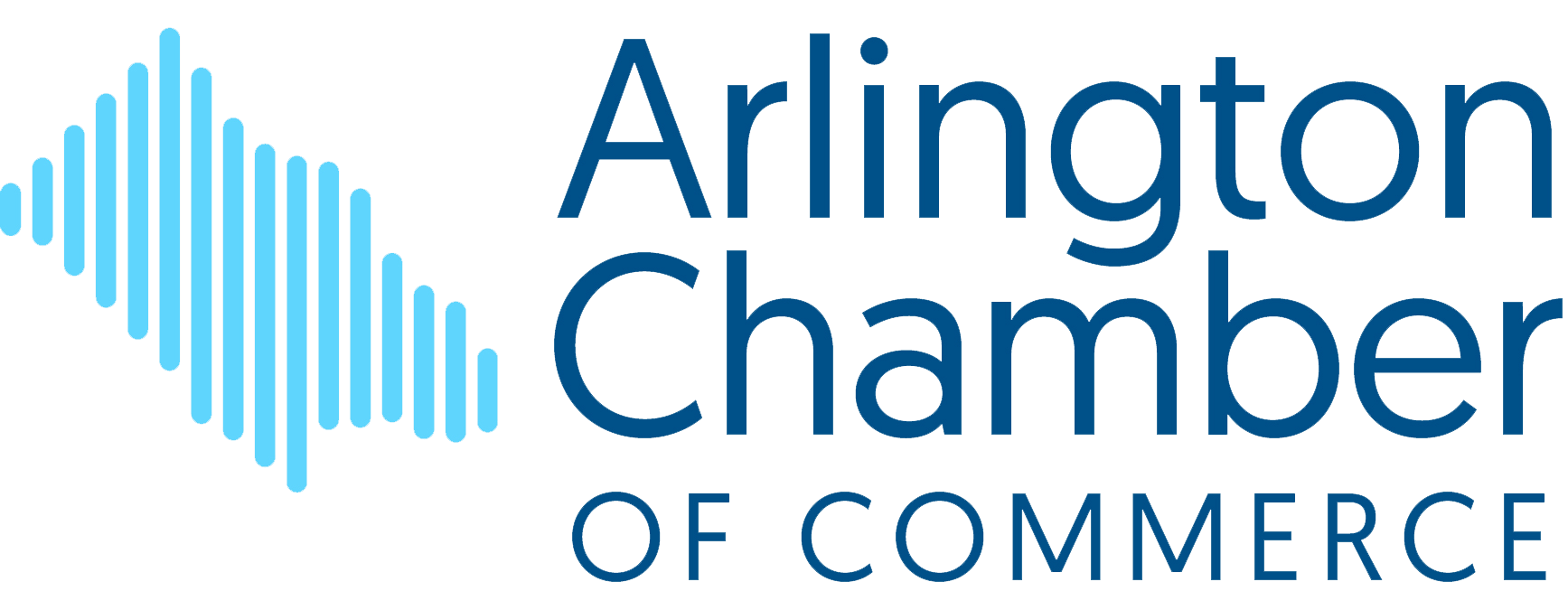Young professionals often find it intimidating to start saving for retirement. Even when there is enough income to allow for savings, many young people do not know how to get started and end up leaving too much of their money in bank accounts.
The most important thing is to get started early with retirement savings. It may be intimidating to plan for something that is 30 years or more on the horizon, but here are some tips:
6 Principles:
- Cash has a negative real rate of return. Inflation erodes the long-term purchasing power of money that is not invested. Keeping your money in cash will ensure long-term loss.
- Long time frame means you can take more risks. Between 1900 and 2014, there was no 30-year interval in which the stock market has lost money. The real return, after inflation, has always been more than 3%. Compare this to the return from your savings account to see where your money is better invested.
- When the market drops, it is good news for you! If you are accumulating assets over time, the stock market going down means that you can buy more shares at a lower cost. This effect is called dollar-cost-averaging, and it boosts your long-term return.
- You don't control investment performance. It is very difficult to out-perform the market consistently. If you hire someone to do it, there is a good chance you are overpaying for the service. It is wiser to track the market yourself and ride its ups and downs.
- You control investment costs. The most reliable determinant of investment outcomes is the cost paid to invest. These costs are brokerage commissions, account maintenance fees and mutual fund expense ratios.
- You can be savvy about taxes. One area that many people saving for retirement can control is the taxation of retirement assets. Look into tax favored accounts like the Thrift Savings Plan (for Federal Employees), 403(b) plan for non-profit employees, 401(k) plans for corporate employees and Traditional and Roth Individual Retirement Accounts. These accounts can provide substantial tax savings. Roth IRAs can be particularly attractive for young professionals.
- Make sure you save at least 15% of your income.
- Your cash cushion should cover emergencies only, not your retirement.
- If available, take advantage of your employer 401(k) match.
- Consider a Roth IRA as a first option for individual savings. (www.rothira.com)
- Have a broadly diversified investment portfolio aimed for the long-term.
- Make sure your investments are low cost. (www.vanguard.com)
- Contribute to a Health Savings Account, if you are eligible.
- Consider hiring a fee-only Certified Financial Planner to put a comprehensive plan together. (www.napfa.org)


 RSS Feed
RSS Feed
